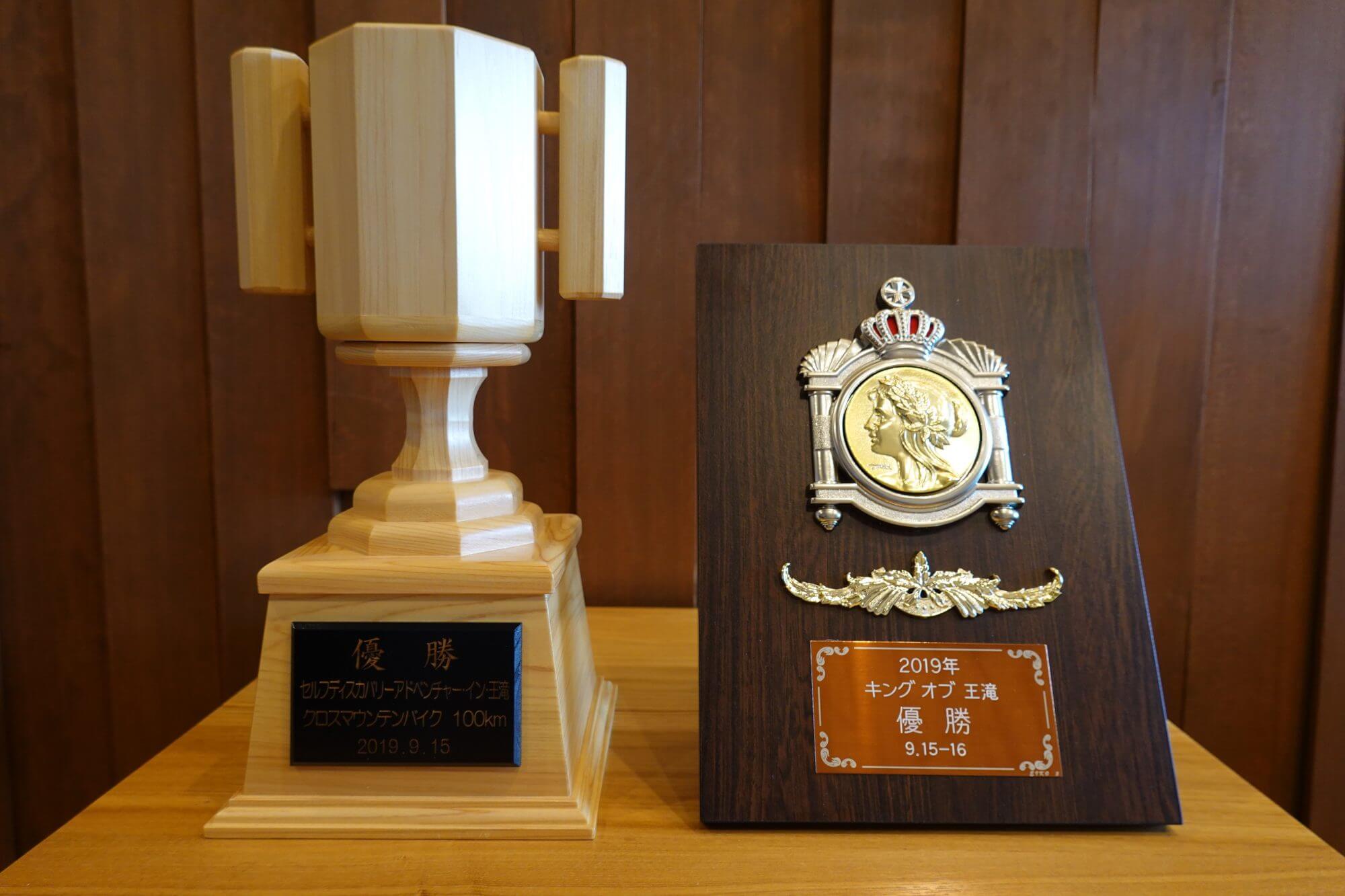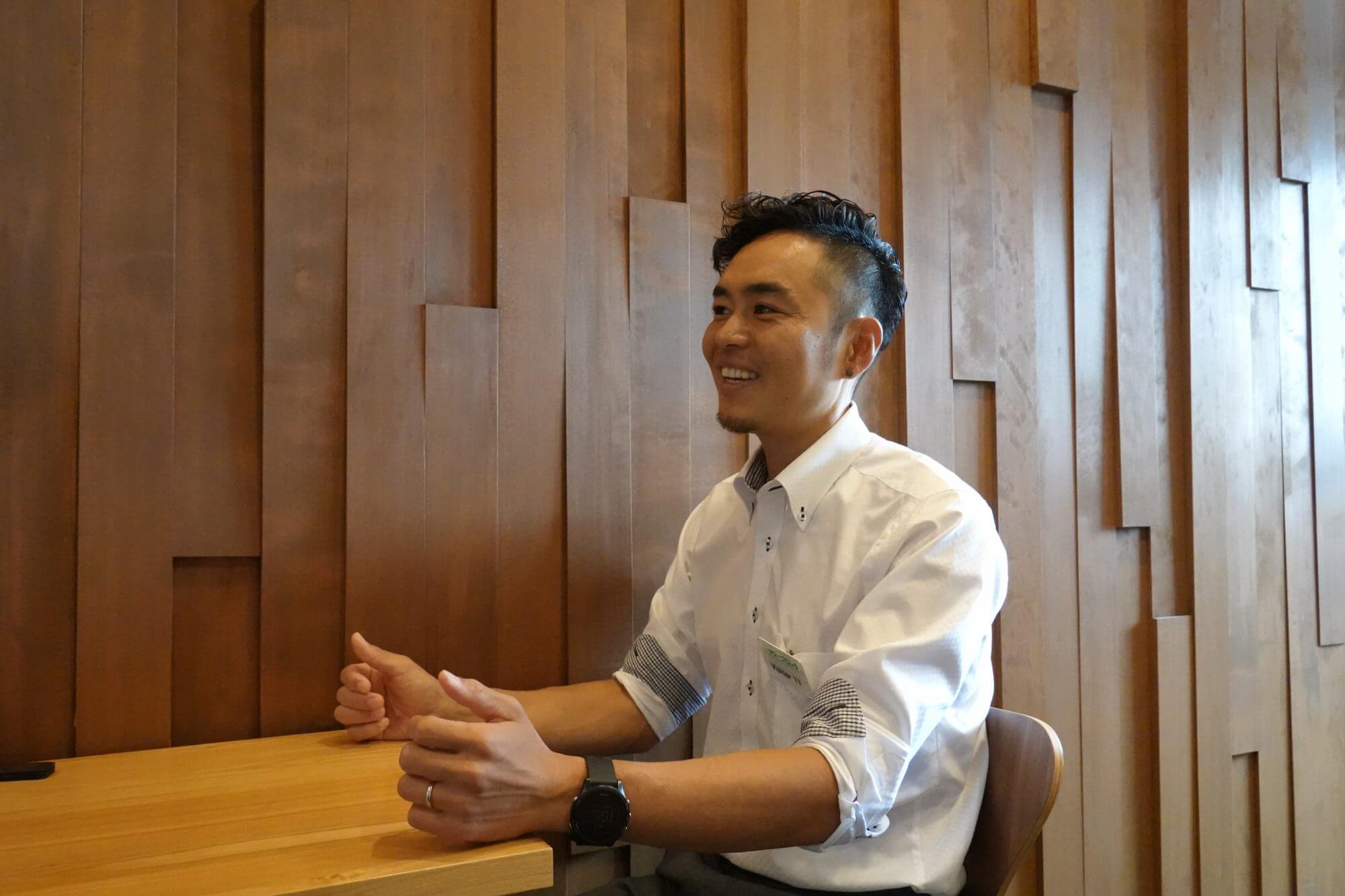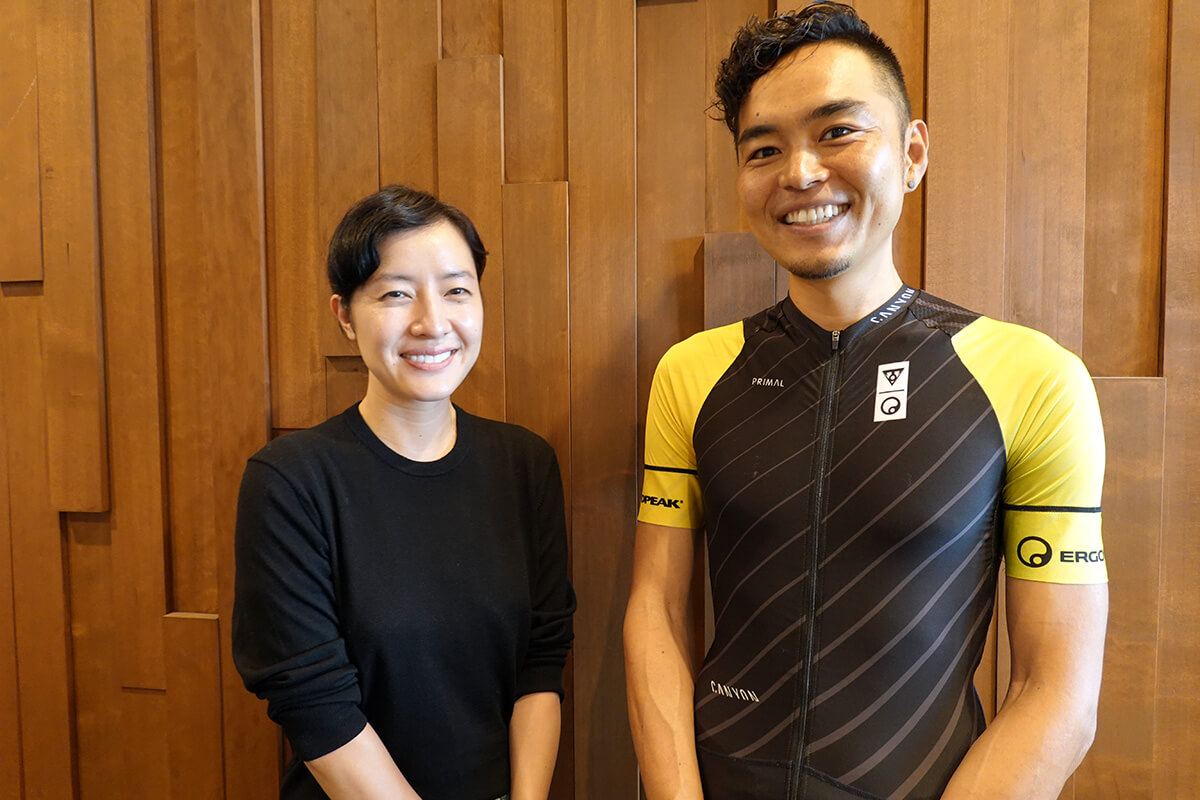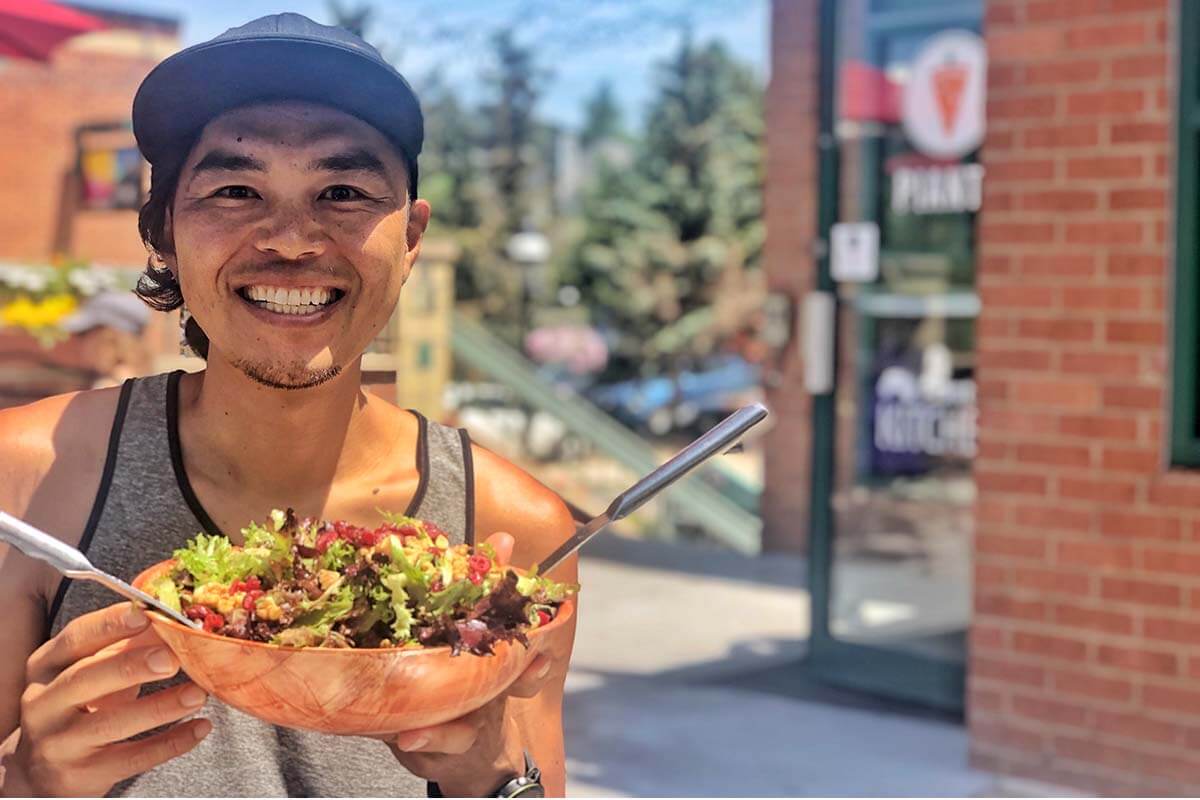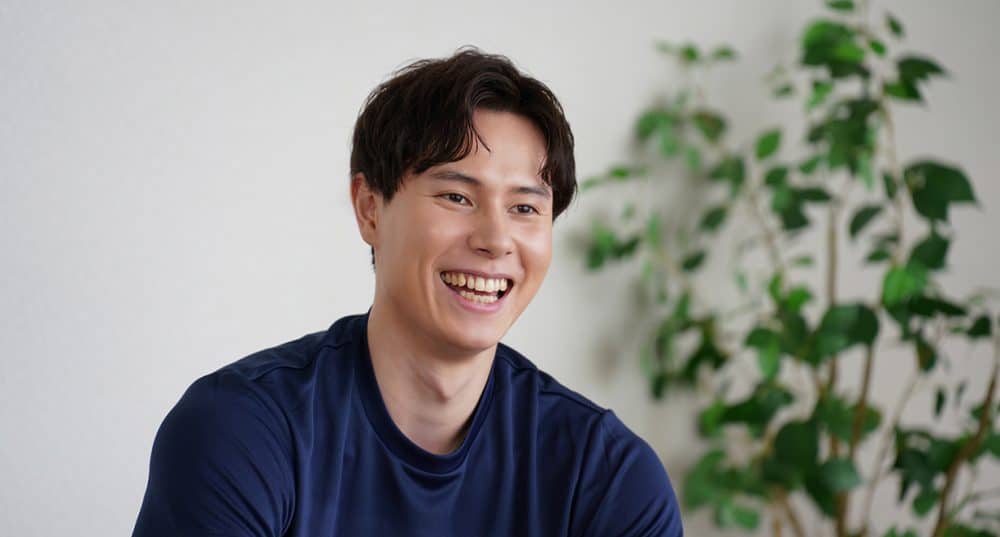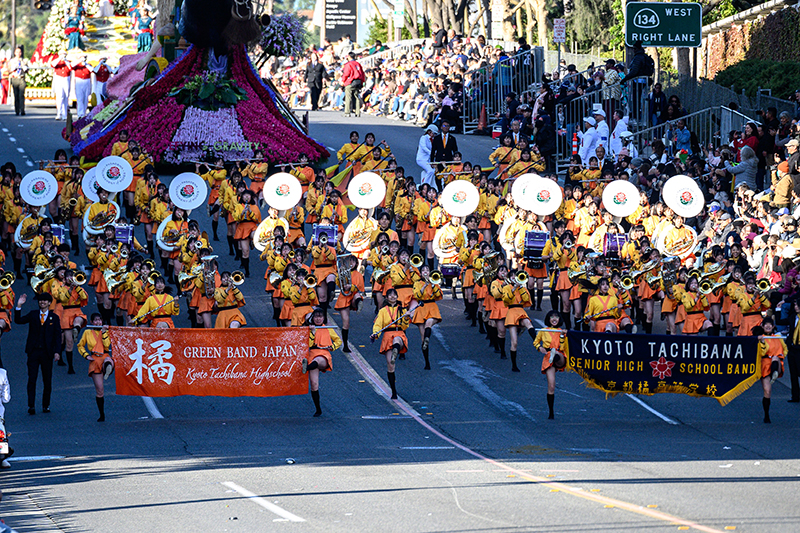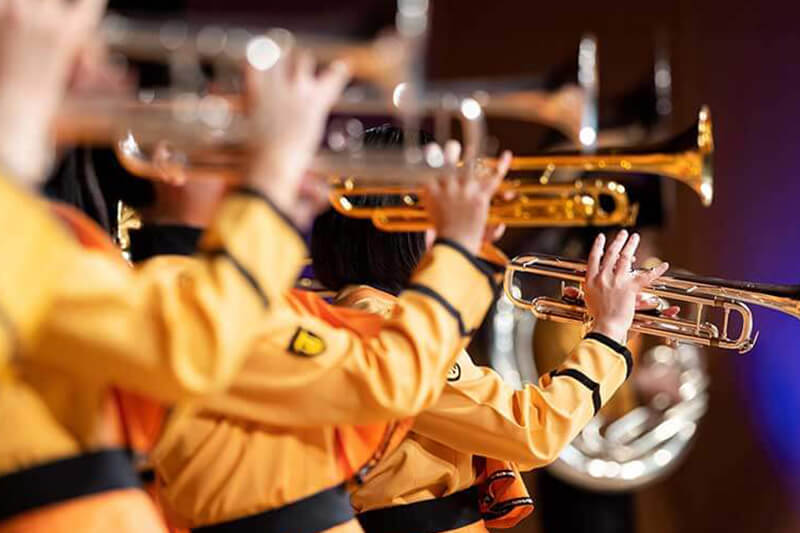Journal
サン・クロレラの取り組みや
サポートするアスリートたちのTOPICS。
Find out about Sun Chlorella's corporate activities and sponsored athletes
Yuki Ikeda
Professional mountain biker / Topeak-Ergon Racing Team
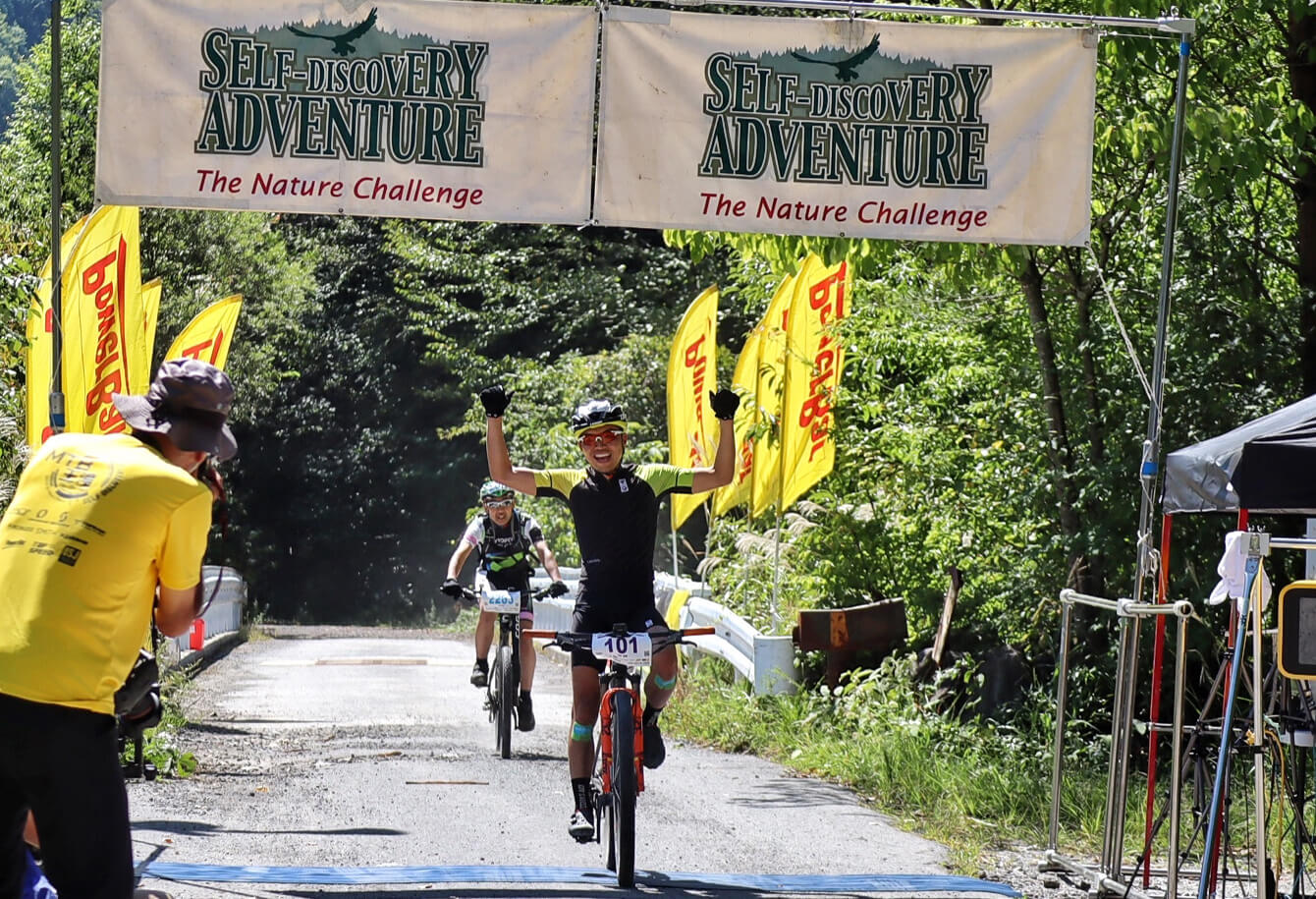
Yuki Ikeda is a pioneering athlete in the field of long-distance enduro-style mountain biking in Japan. He has recently won the “King of Ōtaki” title by coming in first place overall in the two categories of “SDA Ōtaki Cross Mountain Bike (100 km)” race and “OSJ Ōtaki Dirt Marathon (42 km)” race held in Ōtakimura, Nagano Prefecture, a village known as the mecca of outdoor sports.
In contrary to his gentle, friendly smile during the interview, his toned physique and eyes that showed a strong sense of determination revealed a glimpse of the top-level athlete who continues to compete in the world.
Ikeda is a member of the Topeak-Ergon Racing Team, a professional mountain bike team in the United States, and is an MTB athlete who competes in races around the world. Surprisingly, however, Ikeda was once an NBA hopeful who studied abroad in the U.S. to chase his dream. “The campus was located in Denver, Colorado, the foothills of the Rockies. Naturally, the college offered mountain biking as one of their extracurricular activities. I just happened to attend a session one day, and was shocked at how liberating it felt,” recalls Ikeda. The sensation that came with darting through the vast Rocky Mountains astounded the young man who knew nothing but basketball in his life until then. He also remembers being surprised at how his mentor skillfully handled his bike and rode past him with ease, while Ikeda pushed his bike along the same unpaved, uphill dirt path.
“In Denver, riding on bikes in the mountains is like getting a drink after work. People in their 40s and 50s play around on their mountain bikes like they’re kids again. I found myself attracted to their mountain biking culture, and as I kept going to the mountains and got to know more friends, my passion for basketball was diminishing.”
In no time, Ikeda started going to MTB races with his friends. When he finished in 9th place in his very first race, his heart was set on fire. “I thought that if I trained myself enough, I might actually win the race. I also felt in my gut that this was the game I should be playing. I had nothing to back it up at that point, but I felt confident in my decision, and that was the moment in my life that I envisioned myself becoming a professional MTB athlete.” At the time, Ikeda was 23 years old. He understood that switching his career at that age would be challenging. However, his focus was already set on mountain biking, and from here on begins his journey of becoming a professional mountain biker.
In the U.S., riders are categorized from beginner level to pros depending on their records. Riders work their way up the ranks by achieving their places on the winners’ podium in official races and gaining points that way. Ikeda, being a natural athlete, steadily upgraded his category and became a “Semi-Pro”, one category before becoming a Professional. From there, however, he stopped winning and he spent days and days of being only a step away from his goal.
That was when Ikeda’s parents came to visit him in the U.S. to watch him compete at a race. “I wanted to win the race for my parents. Unfortunately, I ranked in the bottom. It was very disappointing, and moreover, I felt like I disappointed my parents,” confesses Ikeda. What’s worse, one staff who worked for the race said to him, “you can’t be a Professional if you’re losing like this in your mid-20s.” And then, Ikeda’s parents, who were listening to the conversation, jumped in and said to the staff, “our son will be a Professional one day.” “My parents have supported my impossible endeavor in switching my career over to mountain biking, and even though I performed poorly in front of them that day, they still believed in me. I am extremely grateful for their love,” said Ikeda.
Then, in 2008, Ikeda finally earned his place in the “Pro” category at age 27. In the same year, he achieved his first professional victory in the “12 Hours of Snowmass (solo)” race. Winning this race had another significance for Ikeda. Ergon, the company that sponsored this race, also happened to co-sponsor the Topeak-Ergon Racing Team. This was the same team where Ikeda’s longtime idol Dave Wiens, a legendary mountain bike racer, is affiliated. “Before the race, I thought that if I win this, then maybe I can be on the same team as Dave Wiens. It was a goal that kept me going and motivated me to keep practicing.”.
And it all paid off. Ikeda was welcomed into the team in 2009, the year after he won the race. Wearing the same racing jersey as Dave Wiens was a dream come true for Ikeda. “I did feel the challenges of being on a professional team, but moreover, I was really excited. I was motivated to be a stronger player for my team. My goal has been to join a professional MTB team until I did, and now, my goals are way beyond that.” Due to visa issues, Ikeda returned to Japan in 2011. He is an active team member while based in Japan.
Ikeda represented Japan at the UCI Mountain Bike Marathon World Championships for seven consecutive years from 2011 to 2017. He has continued to produce solid results in races both at home and abroad and is the pioneer of long-distance enduro-style mountain biking in Japan. What is his secret to keep standing on the podium in top-level races? Ikeda immediately answers, “it’s because I keep my motivation fresh. To be honest, I’m not good at playing the same races every season. When I find races in countries that I’ve never been to, I make sure to attend them when I can.”
However, as Ikeda continued to play in the major races, inevitably, his schedule filled up with the same games despite his effort. This made his motivation level to drop, and although his performance in terms of physical abilities was improving, he was in a slump over the last few years. “In hopes to freshen up my mood, I intentionally made myself not to ride on my bike for about a month. That’s when I discovered trail running.” Ikeda’s wife happened to practice trail running as her hobby, and one day he decided to follow her to the mountains. Because he had trained his body to ride bikes for a long time, he was out of breath after just 300 meters, and his muscles cramped up after 5 kilometers. His joints were aching from the impact of being in direct contact with the ground, which doesn’t happen on bikes. And despite all this, a new kind of excitement welled up inside him – a feeling that he’s never experienced before.
“I simply had fun ‘running’ in the mountains. It’s not as fast as mountain biking, but I realized that what made it so fun was not just speed. I was also surprised by the amount of information I was able to achieve through being in direct contact with the ground. In mountain biking, we gather information about the trail and our surroundings through our bikes, which is a machine, but in trail running, the sole of my sneakers is the only thing between myself and the earth. It’s much closer to nature, allowing me to gather a lot more information directly.” Like the day of his first MTB race, he felt an immense amount of possibility in trail running. And in October 2018, Ikeda decided to train himself to run trail races.
As a professional mountain biker, Ikeda had more than enough experience in understanding the joy and significance of winning points in official races. On the other hand, he felt like something was missing in how competitiveness seemed like everything. “For me, it all started with the adventure I experienced in the Rockies. That has always been where my life as a mountain athlete started, even until this day.” The view that spreads in front of his eyes after riding to the top, the surprise that comes after turning a curve – challenging the unknown has always been what drove and satisfied Ikeda’s body and soul. Following his intuition, the King of Ōtaki moved on to find his next adventure in a genre that merges mountain biking and trail running.
Ikeda set his next target on a multi-sport competition that merges mountain biking and trail running. Although short-distance races are available in both sports, Ikeda sought for harsher challenges, like long-distance and endurance races. As he searched for information, he came across the Leadman Series. Even Ikeda admits that this race is “the craziest race anywhere in the world.” A total of six games are held over a course of about two months in the mountain ranges of Leadville, Colorado, with altitudes of over 3,000 kilometers. Starting off with a 42-kilometer trail marathon, followed by a 160-kilometer mountain biking in the fourth race, the competition ends with a torturous 160-kilometer trail marathon.
Ikeda participated in the 2019 Leadman Series which was held from June to August. When asked how he performed, he answered, “it was heaven and hell.” Ikeda stood in first place in his overall performance until the fifth race. As he thought that he might actually win the competition, he pulled his hamstring muscles and also hurt his sole while running in the fifth race. He still participated in the sixth race despite his injuries, but the 160-kilometer run crushed him. He ran a good distance by favoring his injuries, but eventually his pain became unbearable. And finally, his legs gave out at the 94-kilometer checkpoint. Unable to stand on his feet again, he had to DNF (Did Not Finish) the race. “I felt very upset about having to DNF. At the same time, this was the first season that I felt this passionate in the last few years. I’ve given it everything I’ve got, so there’s not a single thing that I regret about.”
He promises to make his revenge in the next season, but he did not come out of the competition empty-handed. He had, in fact, previously participated in the 160-kilometer MTB race, the fourth race of the Series, for eight seasons. “This was the first time that I participated in the full race. My training sessions has been about 60% biking and 40% running, so I thought that my mountain biking results might drop. But guess what, I actually improved my personal best in this 160-kilometer MTB race and beat my fastest time from my late 20s! It’s partly because my physical abilities improved, but moreover because I was filled with fresh motivation as I participated in the race.
Successful athletes competing top-level competitions across the world tend to be careful about their nutritional intake. Not only are they mindful about eating well-balanced meals, there are also people who consciously eat meat to increase their stamina. Ikeda chooses to be on a plant-based diet, which means that he thrives on plant-derived foods. He gradually became a vegetarian since 2014, and over the last year almost 100% of what he ate were plant-based meals.
The first time that Ikeda was inspired by the diet was when his teammate became vegetarian. Until then, her and Ikeda both loved junk food. During his college years, Ikeda was nicknamed the “table goat” because he would eat almost anything, even leftovers. And when his teammate began eating vegetarian, her weight, which she used to be concerned about, dropped to her ideal weight and her performance also improved. Ikeda saw her change firsthand. “After I turned 30, I started getting exercised-induced asthma, my pollen allergy got worse, and I was stressing over my allergic tendencies. For these reasons, I gave it a try and went on a 100% plant-based diet for about half a year with the support of my wife. To my surprise, my pollen allergy was gone, and I stopped having asthma attacks. My bronchial tube was no longer swelling, and I didn’t need my inhaler anymore. Furthermore, my high blood pressure – which I thought was hereditary – became normal, and I hardly got sick.” Besides drastically improving his health, he also won a world-famous MTB race, and felt certain that he can be a professional athlete on a completely vegetarian diet.
Today, Ikeda mainly eats vegetables, fruits, nuts, beans, seaweed, and grains (brown rice). He does not eat meat, fish, dairy, or eggs. His average meal consists of slowly chewing on a big bowl of salad. “I actually don’t have a hard time with it at all. I’m also studying about food and nutrition, and I’ve come to think that I’ve been putting excess things into my body before. I’ve also been taking Sun Chlorella ‘A’ Powder every day over the last six months. In high-altitude races, your body needs to acclimatize, and I feel like my body is adjusting faster than before. Also, as a vegetarian, it’s difficult to take enough vitamin B12, but I get that naturally through chlorella. It’s a whole food. It also matches my motto of eating healthy without wasting food.
As a top-level athlete, Ikeda is most certainly equipped with the ability to finish practically every MTB race out there in the world. However, like in the Leadman Series where he had to DNF, he continues to challenge himself by participating in races where he doesn’t even know if he can finish. Yes, that’s his way of keeping his momentum and motivation – but why does he push himself that far? “The kind of races and training that I get myself into are extremely hard. Sometimes, I even I ask myself, why am I doing this? But the extremes are where I can open up and bare my soul and give up on pretending, and then discover a new side of myself that I’ve never known before. When I finish a race, it’s like I’m a whole new person.” The idea is to “draw forth human potential and wake the wildness within us”. As Ikeda pushes himself deep in the mountains, that’s when he frees his inner wildness that normally hides under his everyday mask. That’s why he continues to challenge himself and goes for the extremes.
Lastly, when asked about how Ikeda wants his fans and spectators to see him, he answered, “I want them to get excited when they see me. The ‘real’ me, raw and bare, beyond my facade. I hope to continue performing with that level of passion so that even those who see me in the news can ‘feel’ me through a single photograph.” And when asked about how he envisions himself in the future, he responded, “I hope to stay active my whole life. Like, running in the wild at 100 years old – still pushing myself, and excited to find another new side of myself. That’s the kind of person I want to be.” Ikeda’s life goal sounds ambitious and quite impossible. But coming from someone who has continued to surpass his limits under extreme conditions, his words hold a certain kind of power which makes us think that we, too, hope to witness him perform at that age.
Born in Nishitokyo City, Tokyo, in 1979. Ikeda is the member of the Topeak-Ergon Racing Team in the United States. Dreaming of becoming an NBA player, he went to college in the U.S., where he discovered mountain biking. For seven consecutive years from 2011 to 2017, he has represented Japan at the UCI Mountain Bike Marathon World Championships. Ikeda is the pioneer of long-distance enduro-style mountain biking in Japan. He also began practicing trail running in 2018 and is now known as an “Ultra Mountain Athlete” who plays mountain endurance sports in general. He is also on a plant-based diet.
Official website: https://www.yukiikeda.net
